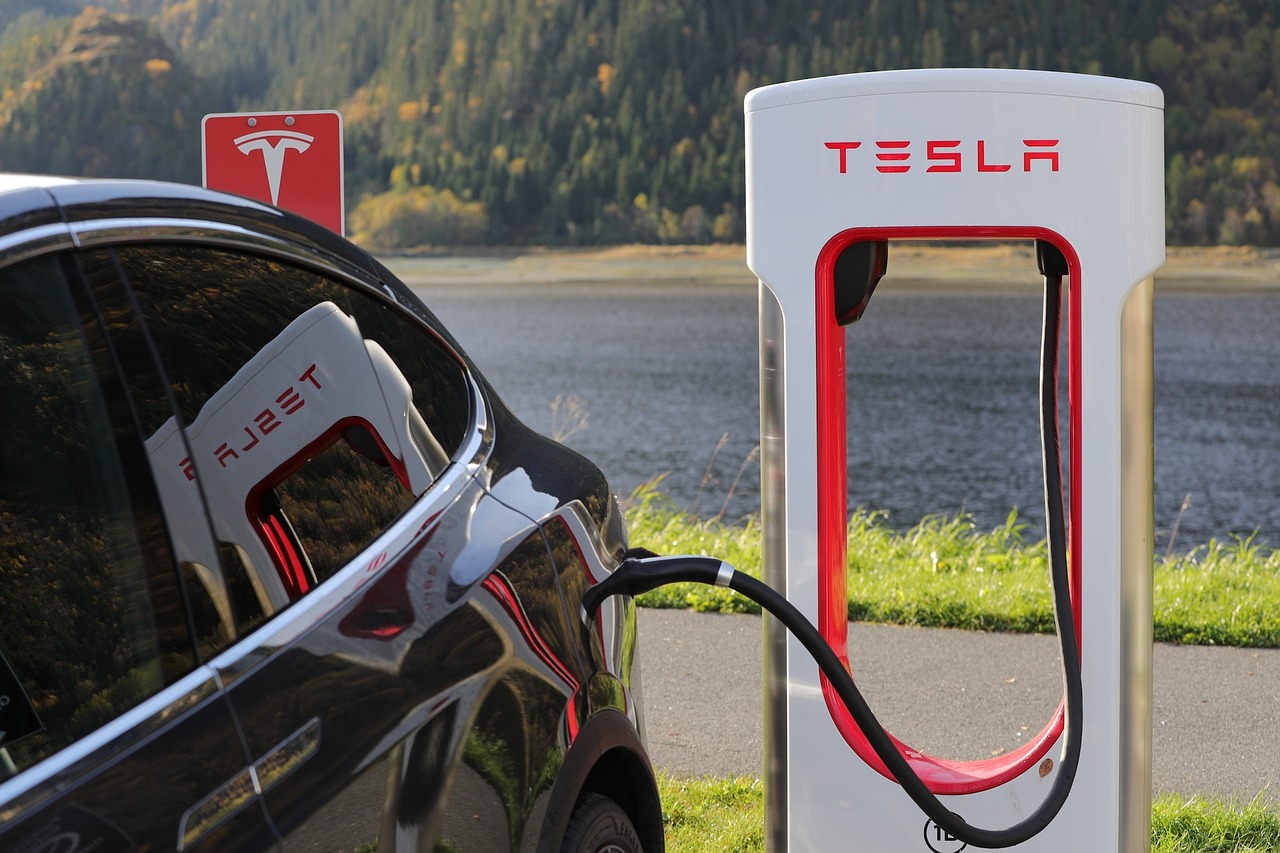The U.S. Department of Energy (DOE) has proposed new rules that could significantly impact the availability of federal tax credits for electric vehicles (EVs), particularly those with battery components sourced from certain foreign entities. These changes, aimed at promoting domestic sourcing of battery components and materials, are set to begin on January 1 of the following year and will further expand in 2025 to include suppliers of battery materials.
Under these new regulations, EVs with battery components from companies designated as foreign entities of concern (FEOCs) will no longer be eligible for the full federal tax credit. FEOCs are defined as companies with at least 25% ownership by entities controlled by governments like China, Russia, North Korea, or Iran.
This shift in policy is already influencing the EV market. Tesla has updated its website to inform customers that its Model 3 sedans will see a reduction in the available federal tax credit from $7,500 to $3,750 starting next year. Similarly, Ford has announced that its Mustang Mach-E will likely lose a $3,500 credit in the same period, while the F-150 Lightning EV will retain its full $7,500 credit.
Other EV manufacturers like Nissan and Volkswagen are also adjusting to these changes, urging customers to complete purchases by the end of the year to qualify for the existing federal tax credits. Despite these adjustments, the Alliance for Automotive Innovation, representing various automakers, has expressed support for the DOE’s guidance, highlighting the importance of U.S. control over supply chains and raw materials.
For Tesla, the reduction in tax credit for the Model 3 might affect sales in the short term, but analysts believe the long-term outlook remains positive. The immediate concern is a potential drop in sales for the first quarter of the year, as customers may rush to purchase EVs before the credit reduction takes effect. However, the broader focus is on Tesla’s global sales potential, with projections remaining optimistic for the coming year.
This policy change by the DOE is a significant move towards ensuring U.S. autonomy in the EV supply chain, despite the short-term impact on EV tax credits and consumer purchasing decisions.

